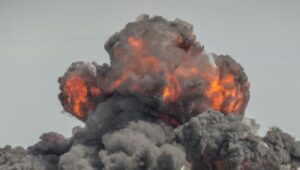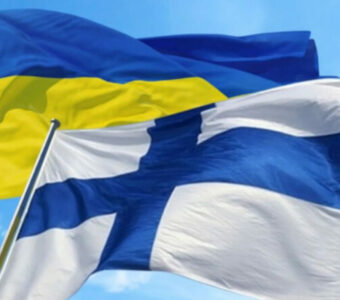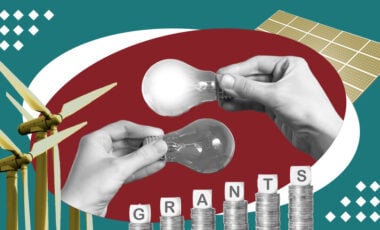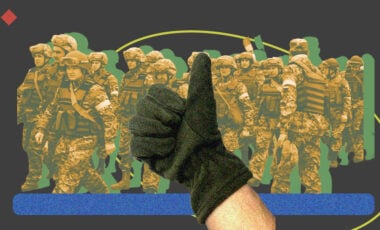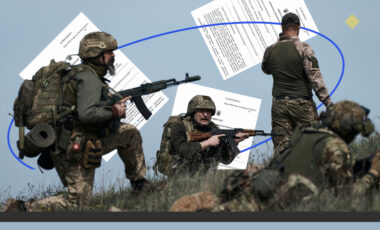Borrell convinces South Korea to increase aid to Ukraine
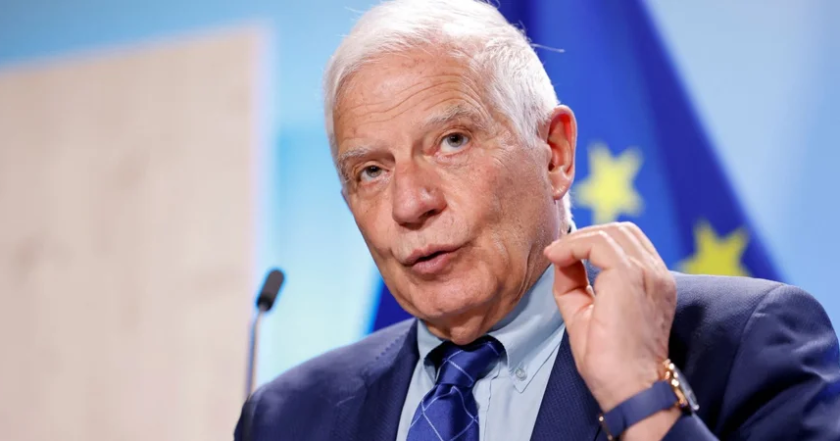
Josep Borrell. Photo: Kristin Olsson/TT News Agency via Reuters
Josep Borrell, the European Union's High Representative for Foreign Affairs and Security Policy, is currently in talks with South Korean Foreign Minister Cho Tae-yul due to Seoul's growing concern over North Korean troops being sent to Russia to join the war against Ukraine.
Reuters reported that.
"Russia's aggression against Ukraine is an existential threat. The Republic of Korea understands this best. We are united in our support for Ukraine. I called on them to strengthen this support," Borrel wrote on X (Twitter).
Borrell is visiting South Korea to take security and defense cooperation between the EU and Seoul to a "new level."
Borell arrived in South Korea after a trip to Japan and visited the heavily fortified demilitarized zone that separates the two Koreas.
"My visit today to the Demilitarized Zone (DMZ) between the Republic of Korea and the DPRK is another reminder of the need to invest more in the world," Borrell wrote.
The first such meeting within the framework of the Strategic Dialogue between the EU and South Korea took place against the background of the fact that Washington and Seoul are sounding the alarm about sending North Korean troops to Russia for war with Ukraine.
While in Seoul, Borrell met with South Korean Defense Minister Kim Eun-hyun and voiced his concerns about the recent events.
Cho Tae-yul said last week that all possible scenarios were being considered when asked whether Seoul could supply weapons to Ukraine in response to North Korea's aid to Russia.
Also, Deputy National Security Advisor Kim Tae-hye noted that South Korea intends to take "phased measures" in response to the deepening of military cooperation between the DPRK and Russia. This is due to North Korea's decision to send its military personnel to the Russian Federation to support its military efforts.
South Korea has provided Ukraine with non-lethal aid, including demining equipment, but still refuses to respond to Kyiv's requests for arms.
Seoul believes that Moscow will probably supply North Korea with military and civilian technology as North Korea rushes to launch a spy satellite and enhance its missile capabilities.
North Korea showed off its strong military capability last week with a test of its new powerful solid-fuel intercontinental ballistic missile, known as Hwasong–19.
For reference:
As the Financial Times reported on October 30, the Russian Federation has already transferred about 3,000 troops from North Korea to the Kursk region, placing them 50 kilometers from the border with Ukraine.
It's worth mentioning that the CNS also mentioned that there were over 3,000 North Korean mercenaries being trained in the Kursk region of Russia. The local population reported this information to the public.
According to the Center of National Resistance, the North Korean military is trained at several training grounds, mostly at night. Representatives of the DPRK embassy, acting as translators and observers, also arrived at the training grounds.
It has not been announced when the mercenaries will be sent to the war zone, but their locations are known.
The US Department of Defense also confirmed the presence of North Korean troops in Russia's Kursk region near the border with Ukraine.
It should be added that this week (until November 3), a South Korean delegation will visit Ukraine to exchange information about the deployment of North Korean troops to the Russian Federation and to discuss further cooperation.
It should be added that, according to available information, the North Korean military contingent, numbering up to 12,000 people, is undergoing training at five training grounds of the Eastern Military District of the Russian Armed Forces. This contingent includes at least 500 officers from North Korea, including three generals from the General Staff.






